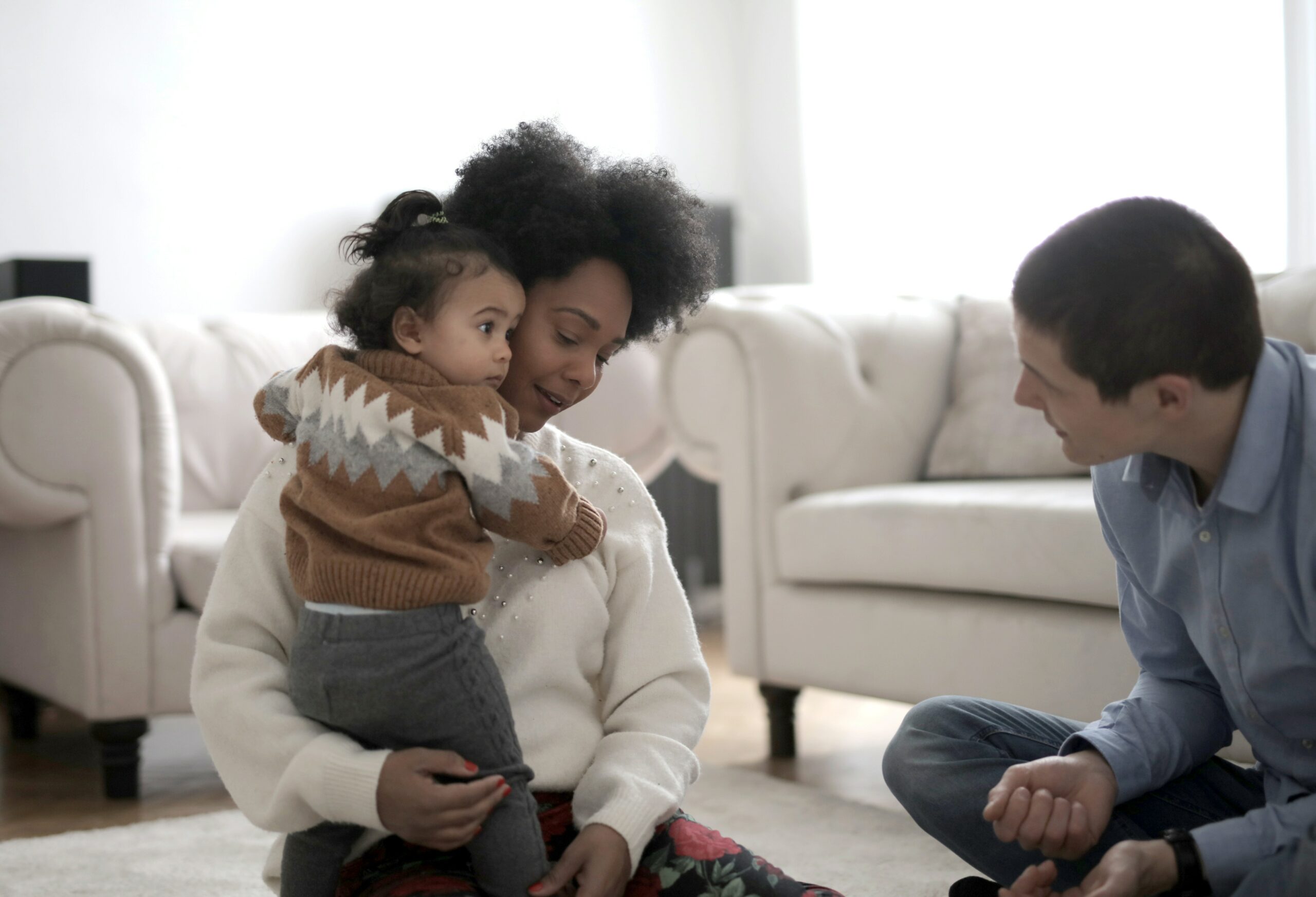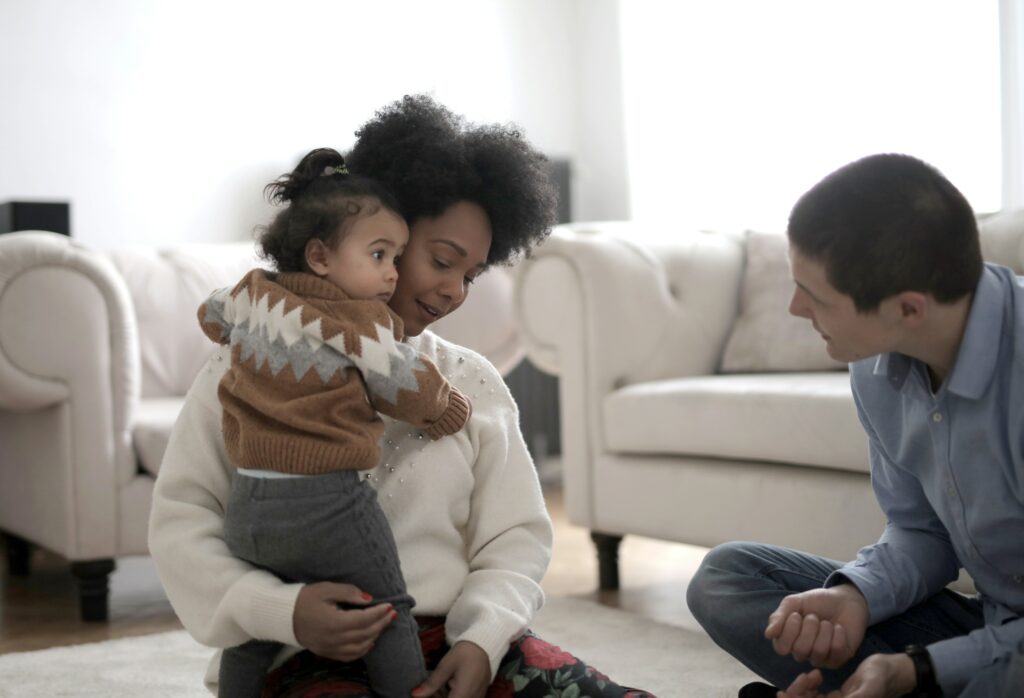How to Talk to Young Children about the Black Lives Matter Guiding Principles

How to talk to young children about the Black Lives Matter Guiding Principles
By Laleña Garcia
As we think about discussing big ideas with little people, we consider age-appropriate language so that our students or children can grasp the concepts we’re introducing and incorporate these ideas and language into their own thinking and conversation.
While adults can obviously talk about any of the principles (and many of us already do) without mentioning the Black Lives Matter movement, we can also mention the movement as a group of people who want to make sure that everyone is treated fairly, regardless of the color of their skin. We can say something along the lines of, “The Civil Rights Movement, with people we know about, like Martin Luther King, Jr. and Rosa Parks, worked to change laws that were unfair.
The Black Lives Matter movement is made up of people who want to make sure that everyone is treated fairly, because, even though many of those laws were changed many years ago, some people are still not being treated fairly.” The idea of police violence is frightening to young children, and the same way we don’t discuss the violence which met Civil Rights activists, I would not discuss this kind of violence with our youngest children.
After each principle, I’ve suggested some language you might want to use when talking to young children. Whenever possible, make connections to children’s lived experience, in your classroom, your home, or out in the world.
Restorative Justice is the commitment to build a beloved and loving community that is sustainable and growing. “We know that if you knock down someone’s block building, you have to help them rebuild it, you can’t just say, “Sorry,” and walk away. Another way to say that is restorative justice, and it’s the idea that we have to help people when something happens to them, even if it was by accident.”
Empathy is one’s ability to connect with others by building relationships built on mutual trust and understanding. “It’s so important to think about how other people feel, because different people have different feelings. Sometimes it helps to think about how you would feel if the same thing that happened to your friend happened to you. Another way to say that is empathy.”
Loving Engagement is the commitment to practice justice, liberation and peace. “It’s so important to make sure that we are always trying to be fair and peaceful. We have to keep practicing this so that we can get better and better at it. Another way to say that is loving engagement.”
Diversity is the celebration and acknowledgment of differences and commonalities across cultures. “Different people do different things and have different feelings. It’s so important that we have lots of different kinds of people in our community and that everyone feels safe. Another way to say that is diversity.”
Globalism is our ability to see how we are impacted or privileged within the Black global family that exists across the world in different regions. “Globalism means that we are thinking about all the different people all over the world, and thinking about the ways to keep things fair everywhere.”
Transgender Affirming is the commitment to continue to make space for our trans siblings by encouraging leadership and recognizing transantagonistic violence, while doing the work required to dismantle cisgender privilege and uplift Black trans folk. “Everybody has the right to choose their own gender by listening to their own heart and mind. Everyone gets to choose if they are a girl or a boy or both or neither or something else, and no one else gets to choose for them.”
Queer Affirming is working towards a queer-affirming network where heteronormative thinking no longer exists. “Everybody has the right to choose who they love and the kind of family they want by listening to their own heart and mind.”
Collective Value means that all Black lives, regardless of actual or perceived sexual identity, gender identity, gender expression, economic status, ability, disability, religious beliefs or disbeliefs, immigration status or location, matter. “Everybody is important, and has the right to be safe and happy. Another way to say that is collective value.”
Intergenerational is a space free from ageism where we can learn from each other. “It’s important that we have spaces where people of different ages can come together and learn from each other. Another way to say that is intergenerational.”
Black Families creates a space that is family friendly and free from patriarchal practices. “There are lots of different kinds of families; what makes a family is that it’s people who take care of each other. It’s important to make sure that all families feel welcome.”
Black Villages is the disruption of Western nuclear family dynamics and a return to the “collective village” that takes care of each other. “There are lots of different kinds of families; what makes a family is that it’s people who take care of each other; those people might be related, or maybe they choose to be family together and to take care of each other. Sometimes, when it’s lots of families together, it can be called a village.”
Black Women is the building of women-centered spaces free from sexism, misogyny, and male-centeredness. “There are some people who think that women are less important than men. We know that all people are important and have the right to be safe and talk about their own feelings.”
Unapologetically Black is the affirmation that Black Lives Matter and that our love, and desire for justice and freedom are prerequisites for wanting that for others. These principles are the blueprint for healing and do not include nor do they support ignoring or sanitizing the ugliness and discomfort that comes with dealing with race and anti-race issues. “There are lots of different kinds of people and one way that we’re different is the color of our skin. It’s important to make sure that all people are treated fairly, and that’s why we, and lots of other people all over the country and the world are part of the Black Lives Matter movement.”



